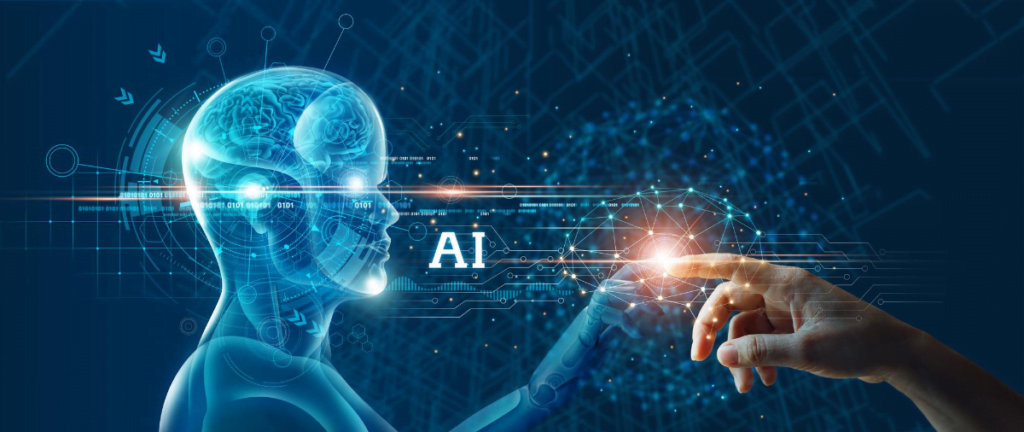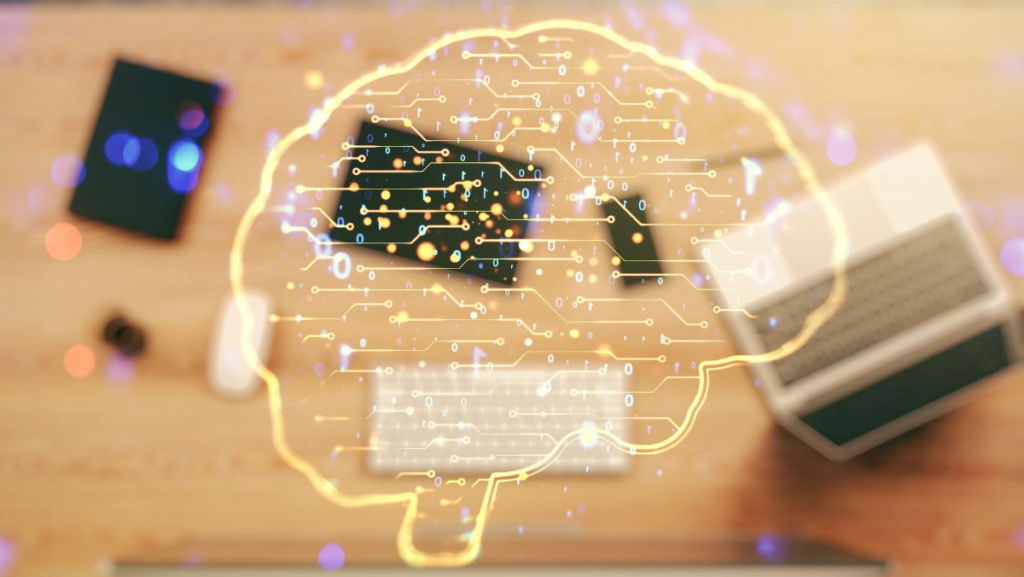Artificial Intelligence (AI) is quickly making its way into numerous sectors, and education is no exception. Its integration into academic systems has the potential to transform learning paradigms, with benefits spanning personalized learning experiences, improved assessment mechanisms, and increased accessibility to education. However, as with any emerging technology, there are challenges to be addressed for its full potential to be realized.
AI and Personalized Learning
AI’s most promising application in education lies in personalizing the learning experience. Every student has unique learning styles, speeds, and preferences. Traditional ‘one-size-fits-all’ classrooms often fail to cater to this diversity. However, AI can analyze students’ performance and behaviors, identify patterns and tailor instructional content accordingly. This could mean creating individual learning paths, personalized content recommendations, or additional resources for students needing extra help. Such customization holds the potential to increase student engagement and improve learning outcomes.
AI’s Role in Improved Assessment
The conventional assessment paradigm often centers around rote learning and memorization, offering little insight into a student’s understanding or skills. AI can dramatically transform this approach. By deploying AI-powered systems, educators can get more accurate and immediate feedback on student performance. These systems can identify gaps in understanding, suggest areas of focus, and even predict future performance trends. This instant, data-driven feedback can allow both educators and students to address learning needs promptly and effectively.

Increasing Access to Education with AI
Education is a fundamental right, but disparities exist due to geographical, socio-economic, or infrastructural barriers. AI has the potential to bridge this gap. With AI-powered platforms, students in remote or underserved areas can access quality educational resources. For instance, AI can drive virtual tutoring systems, providing personalized learning experiences irrespective of a student’s location. Moreover, AI can facilitate learning in multiple languages, breaking linguistic barriers and democratizing education.
The Evolving Role of Teachers and the Future of Education
The advent of AI in education does not render teachers obsolete; instead, it refines their role. With AI handling administrative tasks and personalized curriculum development, teachers can focus on fostering critical thinking, creativity, and social skills among students. They can devote more time to individual students, understanding their needs, and fostering a conducive learning environment.
The future of education, infused with AI, is undoubtedly exciting. However, the road to this future is not without its obstacles. Ethical considerations, privacy concerns, technology access disparities, and the need for digital literacy are some areas needing attention.
Conclusion
As we stand at the intersection of AI and education, the implications are profound. Personalized learning, improved assessment, and increased access to education are just the tip of the iceberg. However, the path forward requires careful navigation – balancing the enormous potential AI holds with the challenges it brings. The integration of AI in education calls for continuous dialogue, thoughtful policymaking, and meticulous execution to shape a future where learning is truly enhanced and democratized.




